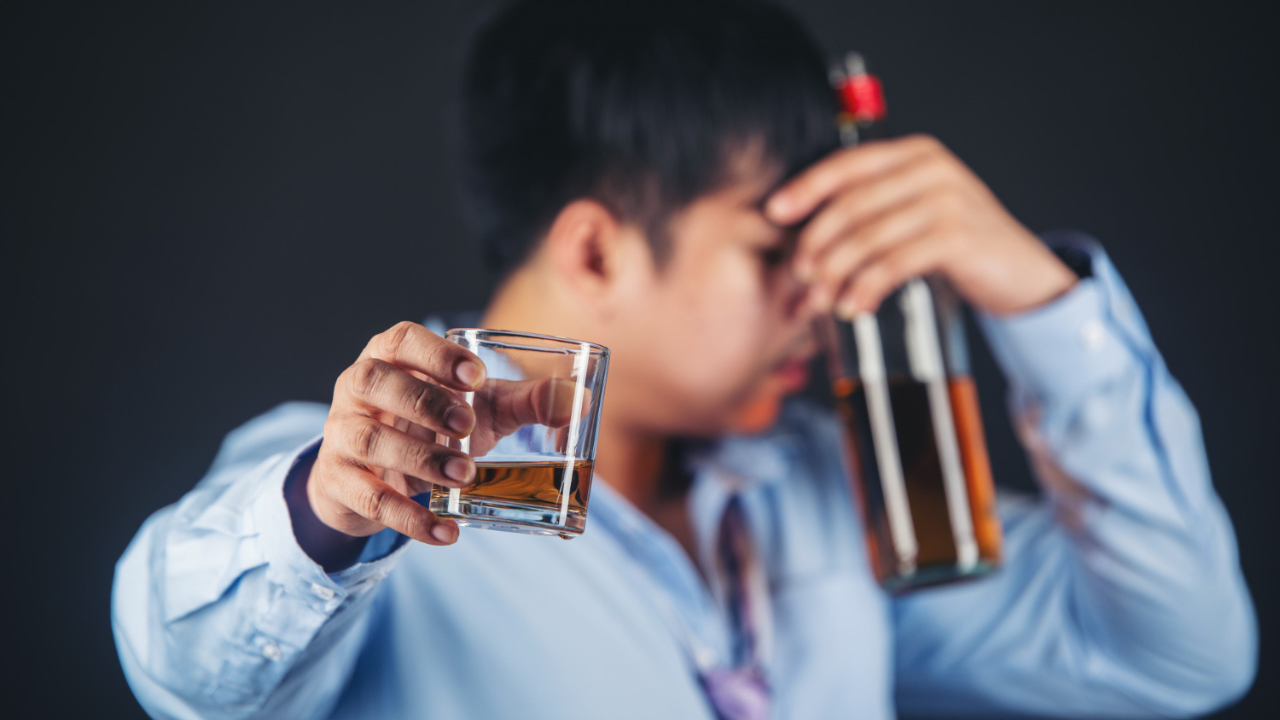Withdrawal Symptoms: What You’ll Feel When Giving Up the Booze

Deciding to quit alcohol is a huge step in anyone’s life and often comes after years of problematic experiences with the substance. Addiction comes in all shapes and sizes, and no route to this point is the same. Nor is no journey from here on in.
Visit alcohol rehab facilities around the country and you’ll find people of all ages, male and female, different ethnicities, and socio-economic backgrounds. Alcoholism doesn’t discriminate, and everyone has a different reason for finding themselves in the position they are in. It’s why everyone’s recovery pathway is slightly differen,t too, taking on various therapies and coping mechanisms.
However, everyone’s journey will carry some similarities too, including at the very beginning, through detox. Again, while experiences will be different, the same withdrawal symptoms do crop up time and again and at particular stages too.
Understanding withdrawal symptoms can be really useful in knowing what to expect and when to expect them, preparing you to tackle them head-on and remain on track in your quest for sobriety…
Early Symptoms: Within the First 24 Hours
Withdrawal can occur just a few hours after your last drink, with early symptoms generally being mild and including heightened anxiety, irritability, headaches, tremors, and sweating. Others also experience nausea, vomiting, and loss of appetite.
This is an initial response to the lack of alcohol in your body, which it had become accustomed to and been using to regulate mood and function.
Insomnia and Sleep Disturbances
After this, but still in early stages, you may also experience problems with sleep. As alcohol affects our natural sleep cycle, once it’s removed, the body once again needs to find its normal sleeping pattern. This can take some time and lead to the likes of insomnia and waking up at regular intervals. It may also lead to some pretty wild dreams!
The lack of sleep can also exacerbate other withdrawal symptoms, particularly the likes of anxiety and fatigue. It is useful to get a regular sleeping pattern in place, which will encourage your body to get back on track more quickly.
Heightened Anxiety and Mood Swings
We’ve mentioned anxiety a few times, and it can creep in right throughout the withdrawal process, alongside mood swings and the feeling of restlessness. Alcohol affects neurotransmitters in the brain which regulate our mood and stress response,s and when it’s removed, the brain needs time to rebalance. It’s during this process that we feel vulnerable, and our emotions are a little all over the place.
Practicing mindfulness, exercising, yoga, seeking support, and deep breathing can all help manage these feelings and reduce the impact during this stage.
Physical Symptoms Intensify
As the withdrawal process continues, physical symptoms will become more noticeable. Rapid heartbeat, sweating, and high blood pressure are all common, while nausea, stomach cramps, and diarrhoea can all occur.
To aid this, stay hydrated, eat nutritious meals,s and support the body as best you can.
Severe Symptoms: Delirium Tremens
In extreme cases, especially for long-term heavy drinkers, withdrawal can escalate to a condition called delirium tremens (DTs). Symptoms include severe confusion, hallucinations, fever, and seizures.
DTs are a medical emergency and require immediate professional intervention. While relatively rare, being aware of this possibility highlights the importance of consulting a doctor or detox centre before attempting to quit alcohol, particularly for those with a history of heavy or prolonged drinking.
Cravings and Psychological Dependence
Throughout the process, even when physical withdrawal symptoms subside, psychological cravings can persist. This is normal and you may even be thinking about specific situations you want to have a drink in. For example, your favourite pub or certain social situations.
This is where you need to find methods to resist, whether that be through leaning on support networks, developing coping strategies or speaking to a therapist. Learning to manage these cravings is crucial in both short and long-term recovery.

























